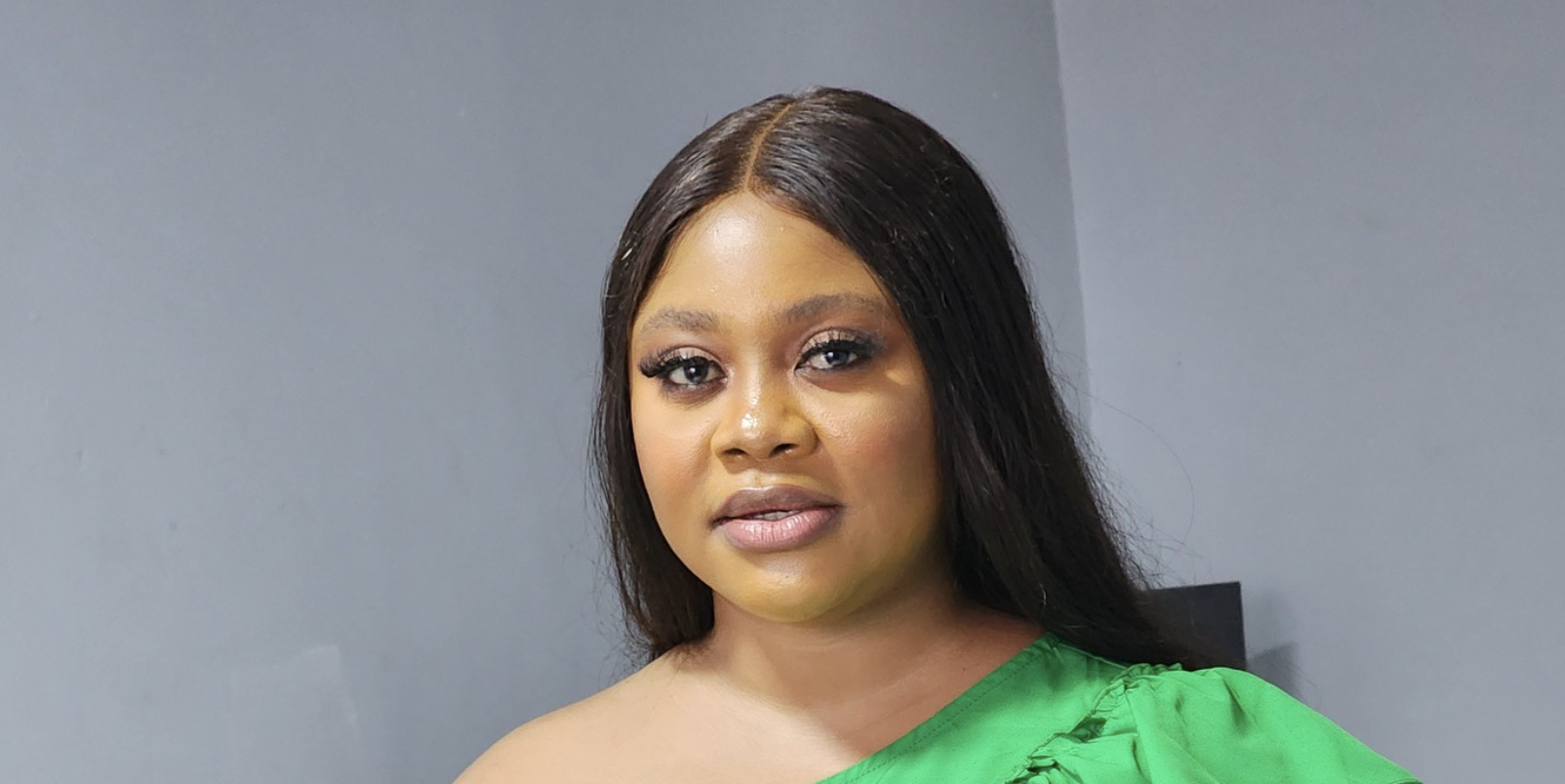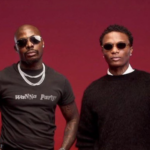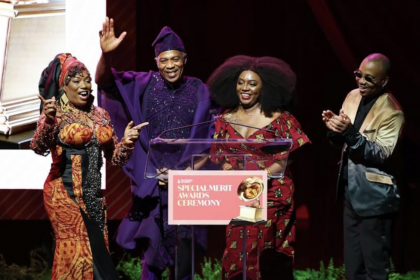In a decisive move against platform manipulation and the monetization of hate, YouTube has permanently terminated the channel of Cameroonian YouTuber Darling Lyonga. The channel, which had amassed 14,000 subscribers, was axed following a series of malicious videos aimed at instigating conflict between Nigeria, South Africa, and Ghana, a volatile fault line she repeatedly attempted to exploit for financial gain.
The ban is being celebrated across Nigerian social media as a significant victory against disinformation and a win for pan-African digital harmony. YouTube’s action validates the long-held complaints from audiences who identified Lyonga’s channel as a bad-faith operation, one that masqueraded as journalism while actively manufacturing division.
Lyonga’s strategy was simple: weaponize national pride and stereotypes for clicks and ad revenue. Her final series of videos focused on fanning the flames of discord between Kanayo O. Kanayo and Nigerian men, and also between Nigeria, South Africa, and Ghana, a tactic seen by many as a desperate “cash out” attempt.
This was not her first attempt to pit African nations against each other. Before this, Lyonga launched a calculated campaign attempting to spark a digital conflict between Nigerian and Ghanaian YouTubers. The move, however, backfired spectacularly. In a show of remarkable maturity and solidarity, the Nigerian audience overwhelmingly refused to take the bait. Instead of attacking their Ghanaian counterparts, they actively joined and defended them, leaving Lyonga’s campaign dead on arrival and exposing her divisive-for-profit model.
A Documented History of Manufacturing Conflict
While the Kanayo O. Kanayo and Nigeria-South Africa videos were the final straw, Lyonga’s termination is reinforced by a long and sordid history of instigating internal conflict within her own country, Cameroon. Public records and news reports paint a picture of a creator who thrives on public fallout.
The Tilla Incident (September – November 2023):
Reports from Cameroonian news outlets mimimefoinfos.com and 237check.org detail a severe public clash Lyonga initiated with Bamenda-based rapper, Tilla Tafari. After Tilla made a critical comment about a low-paying job Lyonga posted, implying she relied on “male sponsors,” Lyonga retaliated with a deeply personal and regional attack.
She publicly insulted Tilla as a “failed rapper” who had “retired to her village, Bamenda.” This specific insult, demeaning a major city as a “village,” immediately escalated the personal spat into a full-blown regional conflict, pitting citizens from the Northwest (Bamenda) against the Southwest (where Lyonga is based). Bloggers and social media users accused her of hate speech, leading to a campaign to unfollow and report her page. The incident also caused her old xenophobic posts from 2020 to resurface, further proving her long-standing use of divisive rhetoric.
The Floxy Florentos Incident (December 2024):
In a case that highlights a pattern of exploitation, Lyonga was accused of using a struggling content creator, Floxy Florentos, for “clout.” Floxy appeared on Lyonga’s show and shared a “heart-wrenching” story of losing her business. Lyonga publicly promised to help, including starting a GoFundMe and providing essential items.
According to Floxy, the help never materialized. She alleged that Lyonga exploited her plight for content and delivered no “meaningful aid.” The ultimate breach of trust came when Floxy, critically sick, reached out for a small amount of money for hospital transport. Lyonga allegedly responded by screenshotting the private, desperate message and “shared my private message on her WhatsApp status without my consent.”
A Welcome End to a Predatory Model
Lyonga’s channel termination is not a case of censorship; it is a platform’s long-overdue response to a documented agent of conflict. Her repeated attempts to build a brand by tearing others down, whether it was rapper Tilla, the vulnerable Floxy Florentos, or entire nations like Nigeria and Ghana, finally met a definitive end.
YouTube’s action is being hailed as a necessary move to protect the integrity of the African digital space, sending a clear message that creators who profit from xenophobia and manufactured outrage will ultimately lose the platforms they seek to exploit.











